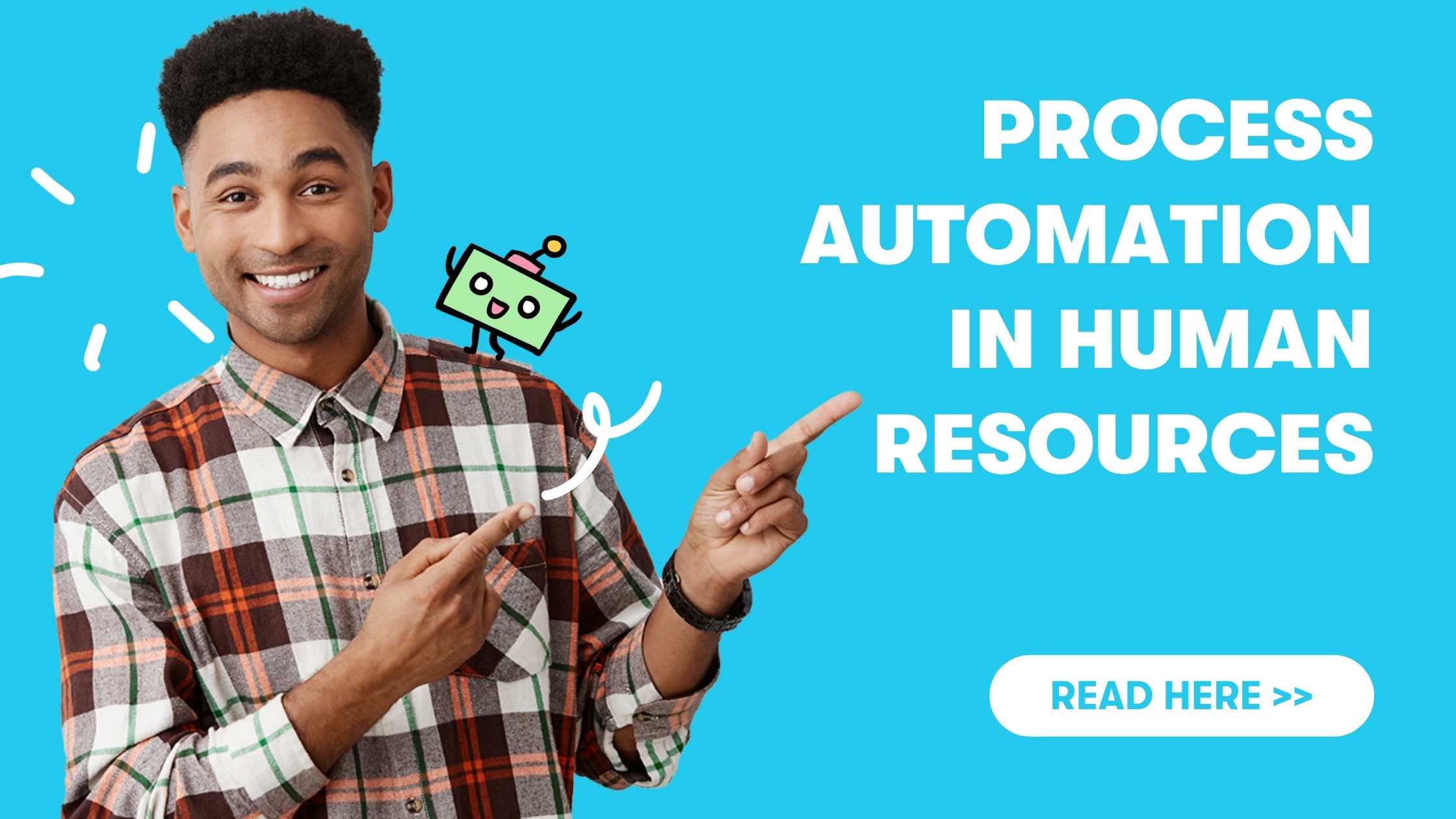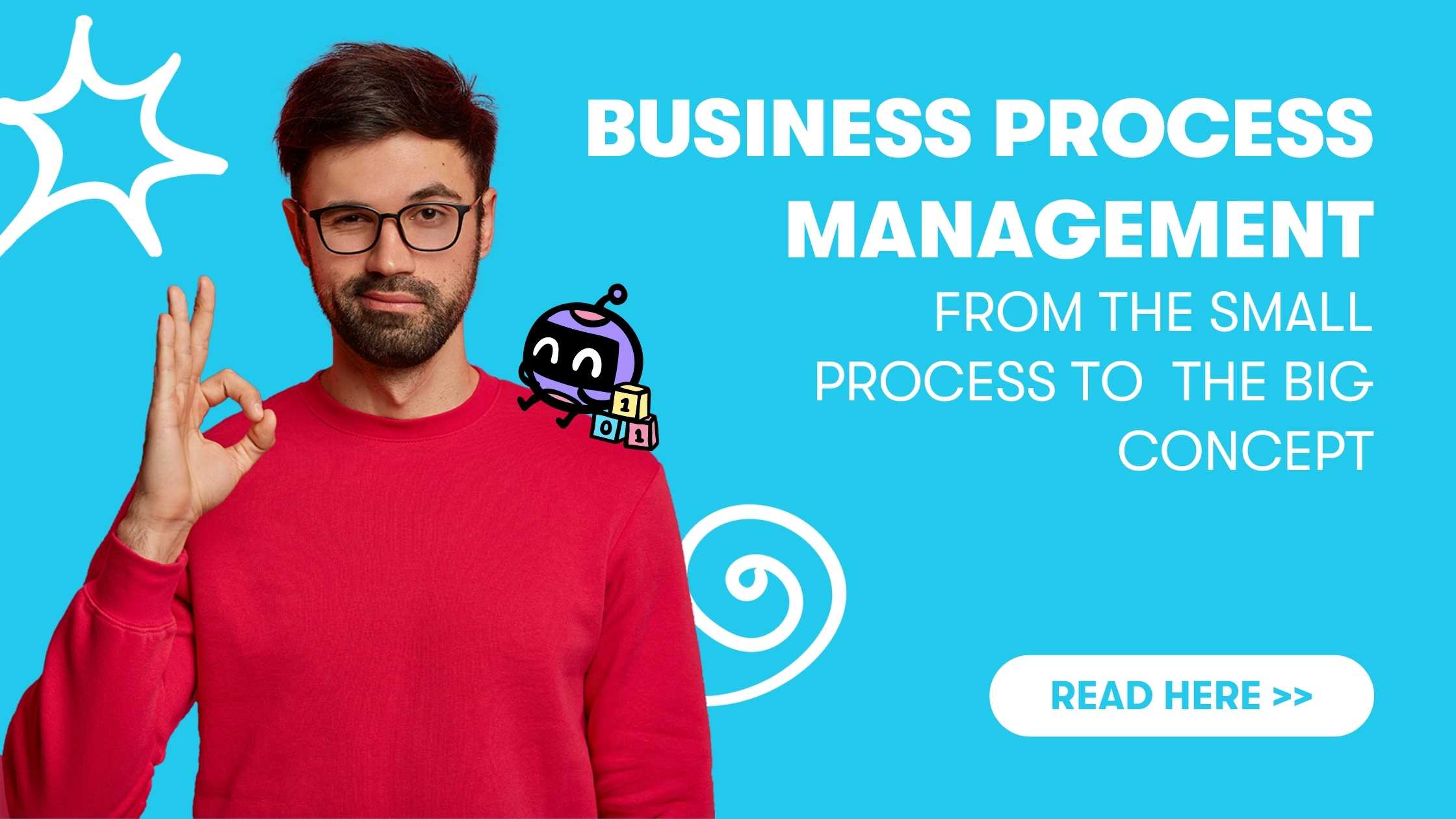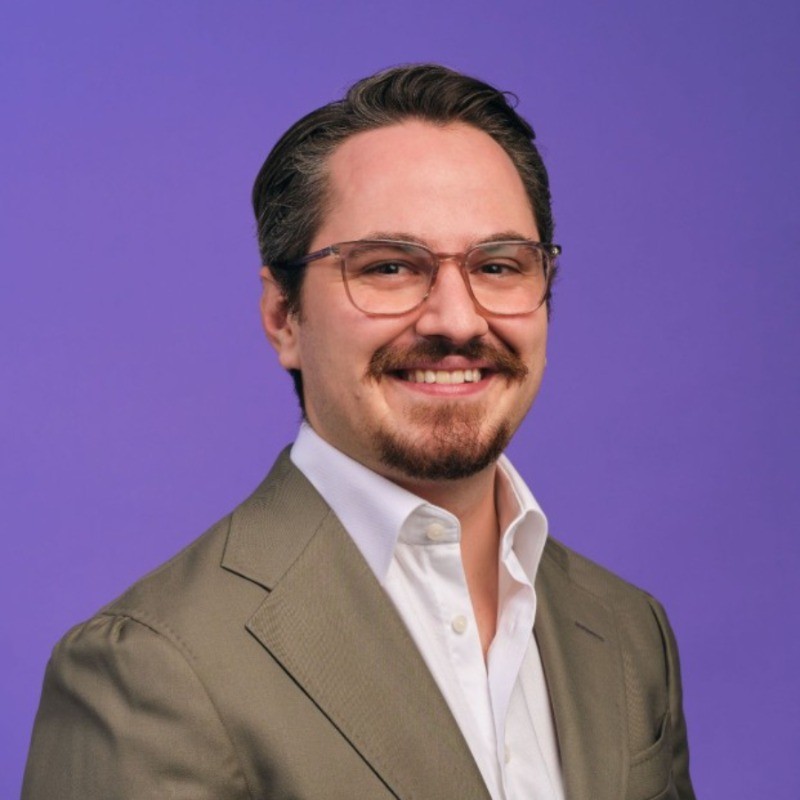Alisa is an experienced Automation Engineer at Bots & People and shares her feelings about being a woman in the field of Process Automation.
You can find the interview summary below the video. Have fun!
Mike
Thank you very much, Alisa, for your time. Let's just jump right into it, into the questions.
Please let us know what's your name and tell us a little about about you. Where are you working, what's your job profile now?
Alisa
Sure. So my name is Alisa and I'm an Automation Engineer here Bots & People. I work with all technical aspects of automation, contacting our clients, also the Upskilling in the [Automation] Academy, and my main tools are UiPath, Power Platform, Make, and also I do like VBA.
Mike
All right. When did you decide that you wanted to work in the field of Process Automation and maybe even why you decided to do that?
Alisa
It was actually quite an accident, because I joined an internship during my last year of studies and I didn't really know what team I'm going to join, so I figured out my first day of internship that I joined a RPA team.
And that was the first time I heard about Robotic Process Automation, actually.
And yeah, for the next year I was starting my career in RPA.
Mike
All right, so there was no one who inspired you to do so. It was just an accident?
Alisa
Yeah, I'm based in Poland and it was a a not so popular technology four years ago. I don't think many people heard of it, including me. And there were only several teams in whole Poland working with that.
Mike
Okay, and how did you proceed to become what you are today? What is your Process Automation story?
Alisa
So, after this internship, I decided to join EY full time. I was working as aRPA Developer for the next around three years. And that's, I think, when I got all my skills.
And Process Automation really developed [during that time], because I was working on really advanced processes in UiPath and Power Platform and I had to analyze them, build the automation, deal with clients. So I think that's when my career truly developed in RPA and after those almost three years, I joined Bots & People
And now I work in this career also from a kind of a different angle, let's say.
Mike
Did you teach all your skills yourself or how did you develop your skills?
Alisa
So, my studies were connected to business IT. I was learning how to create BPMN diagrams and how to analyze processes, but it was not in the context of RPA or any PA technology.
During the internship, I had several mentors in our team that were teaching all the interns how to develop processes and the first initial knowledge I got from them, but everything else, I think I learned on my own with help of the Internet.
Mike
Okay, interesting. Let's jump right to the main topic of this interview.
So, when you started in the Process Automation field, what were your first thoughts you had back then or even worries before taking the job, maybe even regarding your gender?
Alisa
During my internship, because we were mostly working kind of like under the wing of other more experienced developers, I didn't have to deal with clients or other departments basically. So, I could not feel, let's say, any harm from the outside world.
However, when I started working on my own with clients or with other departments, that's when I could really feel that my opinion was sometimes second guessed or for example:
During the calls with clients, I was not addressed with questions, but my male colleagues. Even if they had less experience than me.
That's when I could feel that I am really treated differently based on my gender.
Solely on my gender.
Mike
Okay, you mean there were some prejudices and maybe even barriers or disadvantages in the beginning?
Alisa
Not when it came to my career development, not from inside my team, because I was in a team of 60 other RPA Developers and most of them were male, but they were all very friendly, very supportive.
But rather from the side of a client or from another team, I could truly feel that I'm not treated equally.
And when a question is asked, it's not asked towards me, even if I am the expert in this field.
Mike
Okay, so your team was very supportive, but whenever it came down to working with clients, it became a little bit difficult.
Alisa
Yeah, I would say there were situations, but it was not always like that. There were situations like that, but it wasn't like 100% of the time.
And sometimes, unfortunately, I could feel some inappropriate comments from the clients or basically something more personal and it was very weird and uncomfortable for me sometimes.
Mike
Okay, do you have a certain kind of situation in your mind, you can recall?
Alisa
I think it was like an overall feeling more than some certain situations, because sometimes, I don't know, some clients could raise their voice at me or just ask something personal which I was not comfortable sharing.
But thanks to me having thick skin, I was never letting those situations sleep.
I would never be like, yeah, sure, you can treat me like that. I would always stand my ground and make sure that my voice is heard.
But unfortunately, not everyone is like that.
And I do know a lot of situations when women were feeling really uncomfortable or were absolutely differently judged and their opinion was second guessed and their expertise.
And that's kind of sad, let's say.
Mike
Do you think that the prejudices, barriers or even disadvantages that they still exist, or have they changed at least a little bit?
Alisa
I think it is changing and it's changing thanks to the situation in the world. The feminist movements are being more and more hurt and valued.
So I think it's rather connected with the global situation of feminism and more women are realizing their worth and they can develop their career without being judged or they do not have to sacrifice their career for being a good mother or a good housewife.
And they tend to explore more technologies, explore IT and they're not afraid anymore.
So, I think it's more connected with the global movement.
Mike
Is there something which comes to your mind, which has to be done or needs to be done to reduce these so called barriers, disadvantages and prejudices?
Alisa
I think it's kind of difficult to say specifically for RPA, but I think it's rather a global situation and when it changes in the world it will help also those small, let's say, industries to change and attract more women to start working in it.
But I do like that there are more and more, let's say some courses or some workshops that are specific for women and where they can feel safe with asking questions, do not feel judged, because I think that women do feel more comfortable in the female surroundings.
So I do like that there are some workshops that are specific for women.
Mike
And maybe It's not the last question, but one of the last ones:
Do you think that the field of Process Automation needs more women?
Alisa
Absolutely.
And I do actually prefer working with women, developing bots or with anything connected to Process Automation or in general, to be honest.
I think that Process Automation requires a lot of creativity but also diligence and also being organized and attached to the details.
I think that women are great in it.
So I would be so happy if more women would join RPA, to be honest.
It's my dream.
Mike
Okay. Do you already have the feeling that more and more women are joining the process automation club?
Alisa
Yeah, I do think so. I see more and more women, I don't know, on LinkedIn like starting their careers in RPA or also in our team at Bots & People, where mostly females are working with clients.
So I do think that it's getting better and more women are training Process Automation.
Mike
Alright, then I would say we close this interview, this very short interview, with one last question, and this is going to be this one:
What advice would you give to women who want to get started with Process Automation?
Alisa
I would say: Do not be afraid.
And do not think that you're going to be judged.
And whenever you feel uncomfortable or whenever someone abuses you mentally, verbally, in any way, or you feel that you are in disadvantage, just report them.
Report them.
Do not be scared that it's going to ruin your career or someone's career. You should stand your ground.
You should make sure that your voice is heard. And just be proud that you're a woman and you're doing that.
Mike
Alright. I guess these were very good words to close this interview with.
Thank you very much for your insights and for your time, Alisa.
Alisa
Thank you, Mike.
Mike
Goodbye.
Alisa
Bye bye.
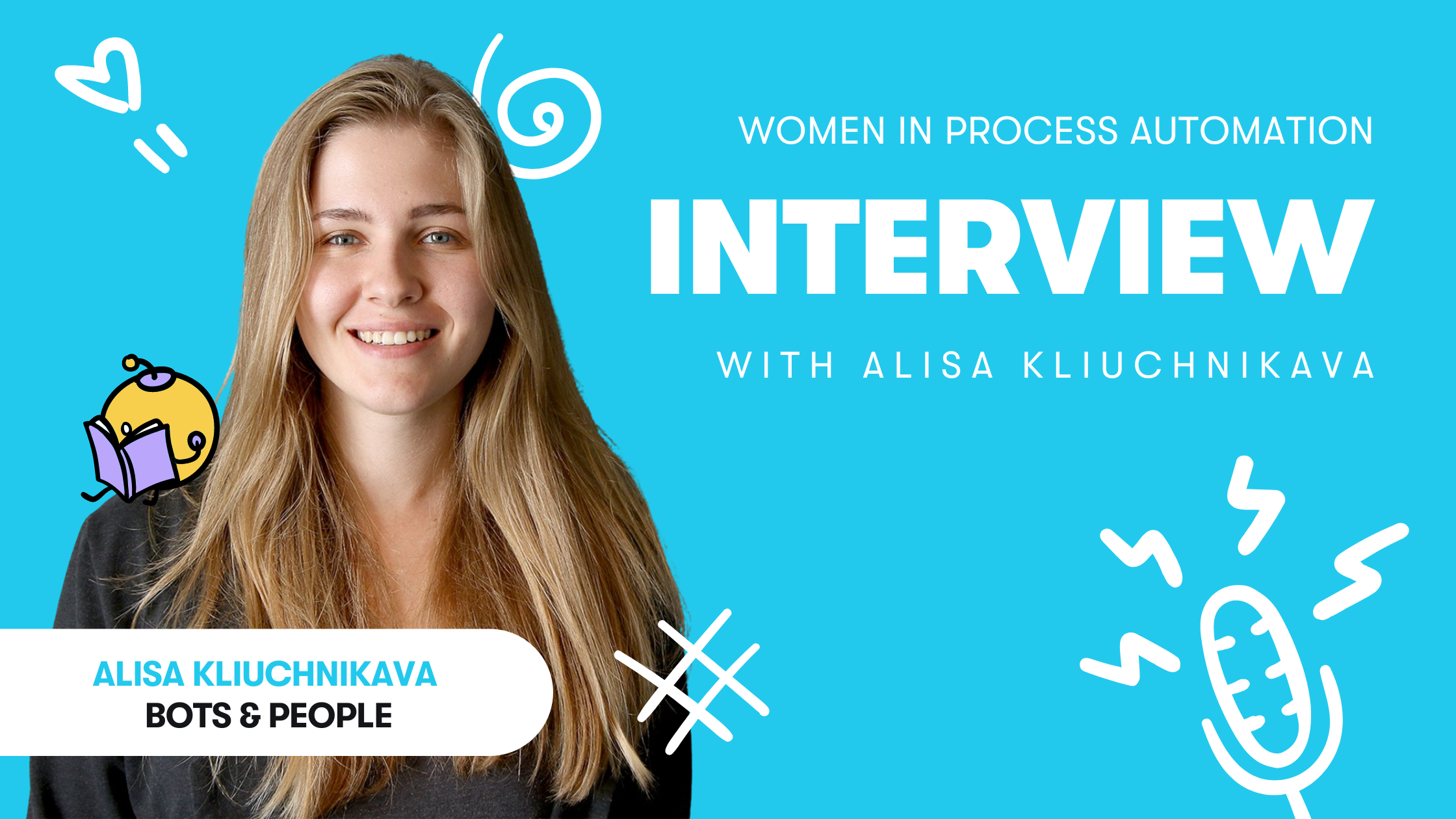

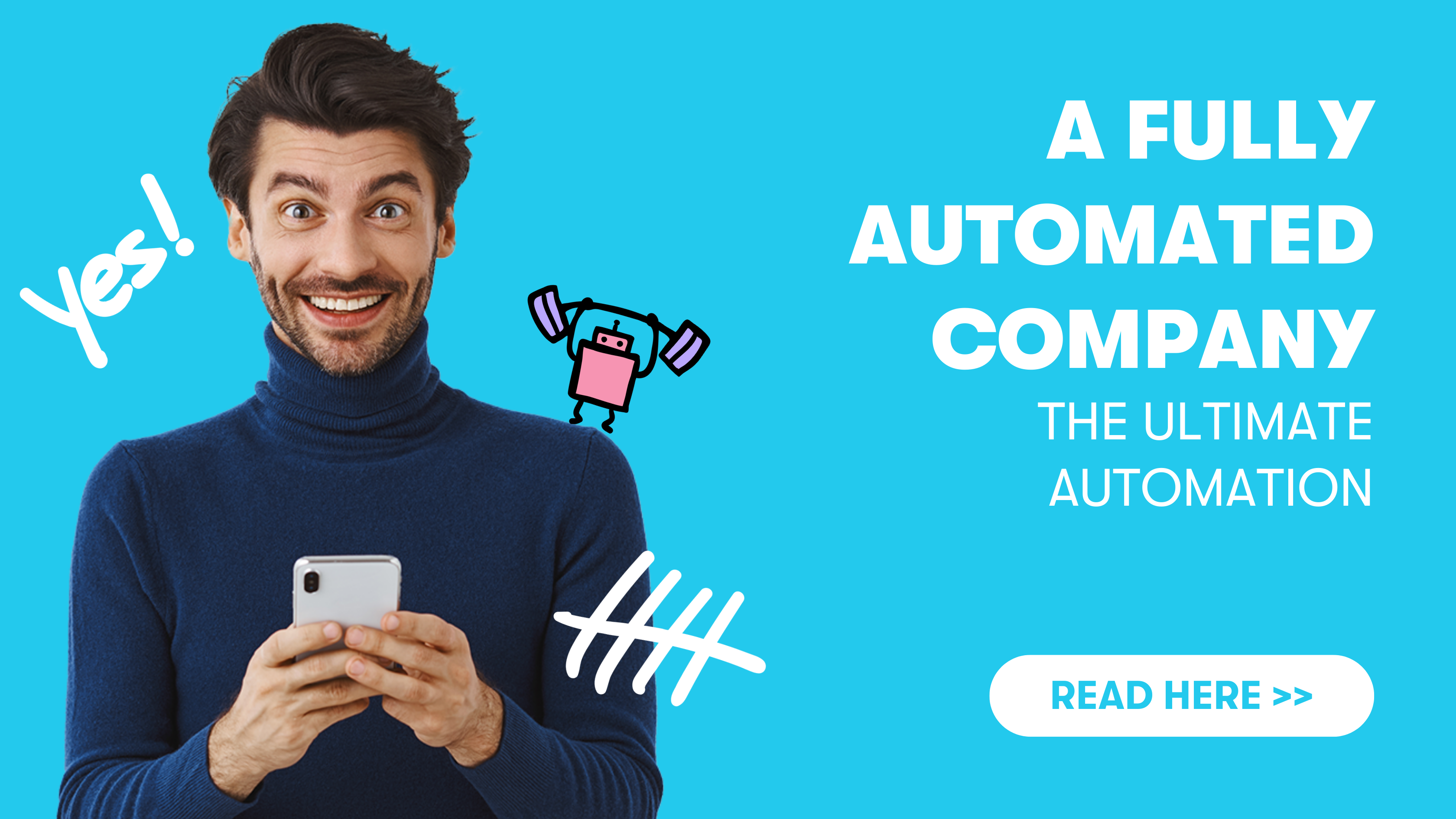

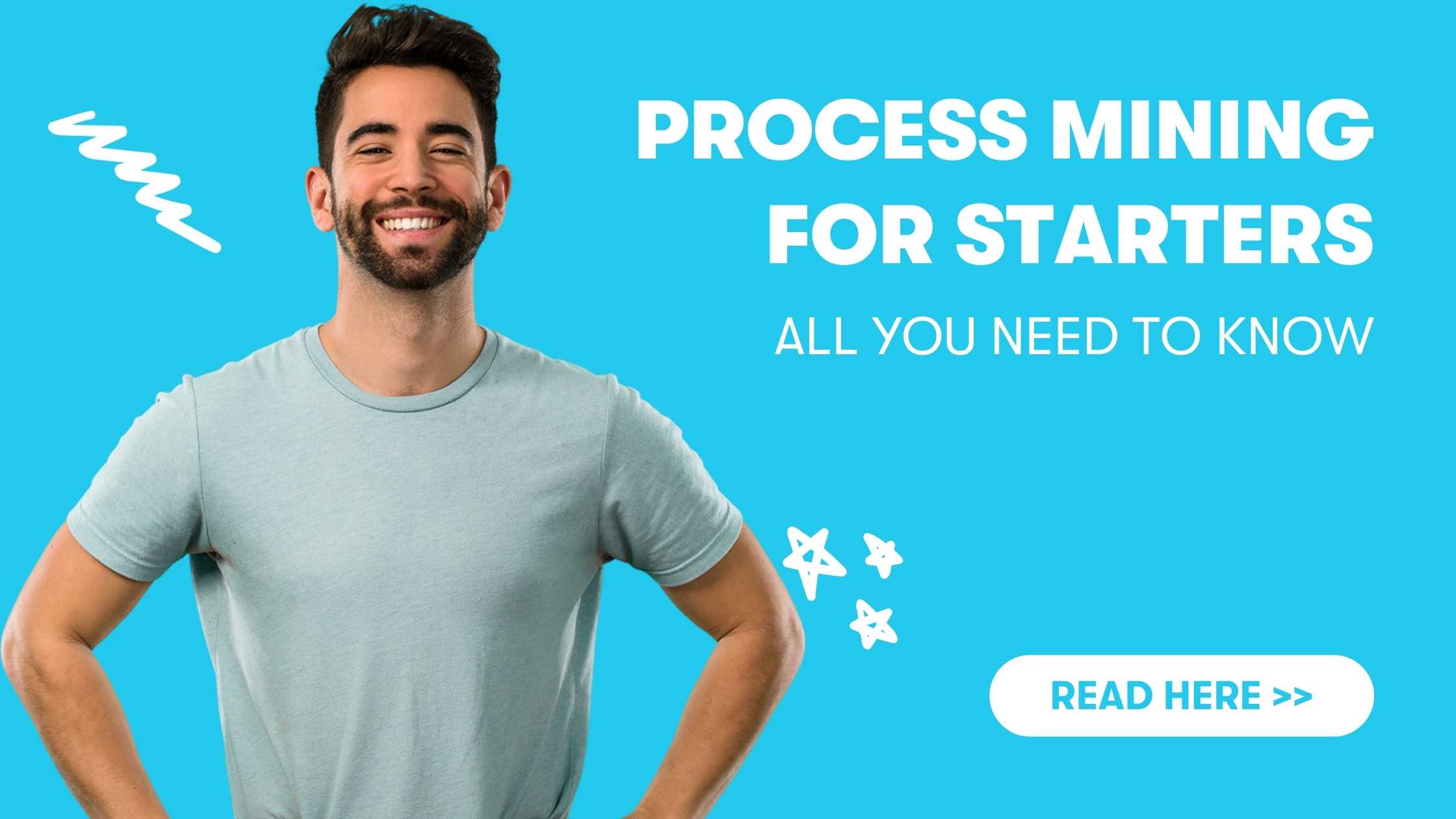
-%20How%20to%20make%20your%20company%20successful.png)
